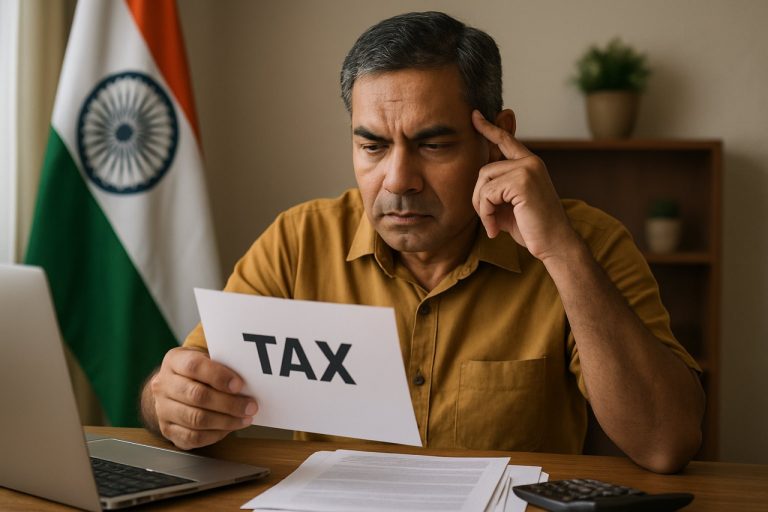
- Bolivia faces a pivotal decision on whether to implement a fuel tax, stirring significant social and economic debate.
- The country currently relies on fuel subsidies to help citizens, causing strain on the national budget as development demands rise.
- Advocates argue a fuel tax could boost funds for infrastructure and public services, crucial for Bolivia’s geographical and economic challenges.
- Critics warn the tax might lead to increased living costs, worsening financial strain for many citizens.
- An ecological angle suggests the tax could promote sustainable practices by reducing fossil fuel dependency.
- The decision highlights a global theme: balancing economic growth, social equity, and environmental preservation.
Nestled within the heart of South America, Bolivia finds itself at a crossroads, grappling with the intricacies of a fuel tax debate that sets the stage for significant social and economic ripples. Picture a land adorned with the striking palette of Andean peaks, lush valleys, and expansive salt flats – yet beneath the surface, an intricate narrative of taxation policy unfolds that may alter the nation’s trajectory.
Background and Current Challenges
Bolivia, historically reliant on its robust natural gas reserves, stands at the brink of a crucial decision. The government currently provides fuel subsidies to ease the burden on its citizens, a move that, while fostering immediate affordability, strains the national budget. As the demands of development and infrastructure investment grow stronger, the lure of adjusting this fiscal approach through a fuel tax sparkles enticingly in policy discussions.
The Tax Tug-of-War
Enter the proposed fuel tax, a potential catalyst for a revolution in public economic strategy. Advocates argue that introducing this tax would inject much-needed funds into national coffers, thereby financing public services and infrastructure improvements – crucial for a land-locked country with expansive geographical challenges. Envision smooth roads winding through valleys and efficient public transport threading through bustling cities, lifting Bolivia toward a progressive future.
However, there’s an equally compelling counter-narrative. Critics warn that a fuel tax would ignite a cascade of costs, trickling down to inflate the price of everyday goods and transportation. For a nation where many walk a financial tightrope to make ends meet, this increase could exacerbate existing disparities. Picture market stalls laden with produce, yet the buyers fewer, their wallets burdened by the burgeoning cost of simply reaching the marketplace.
The Broader Implications
Beyond immediate economic concerns, the ecological conversation adds another layer to this fiscal conundrum. Bolivia’s vast biodiversity, set against portraits of flamingo-dotted lagoons and jaguar-filled forests, faces threats from unsustainable practices. A carefully implemented fuel tax could serve as an environmentally conscious pivot, discouraging excessive fossil fuel use and encouraging greener alternatives.
The Takeaway
Bolivia’s impending decision on fuel tax policy reflects a broader, universal theme: the delicate balance between economic growth, social equity, and environmental stewardship. Will the government choose the well-trodden path of subsidies, ensuring short-term relief, or embark on the challenging trail of reform, with the promise of sustainable prosperity?
Conclusion
This fiery debate underscores the ripple effects of fiscal decisions that transcend borders, challenging nations worldwide to navigate similar crossroads with wisdom and foresight. Bolivia’s journey serves as a vivid canvas, portraying the complex interplay of politics, economy, and the environment. The path ahead demands boldness, innovation, and a commitment to balance – a narrative resonating far beyond the Andes, echoing across the global stage.
Bolivia’s Fuel Tax Dilemma: Weighing Economy vs. Sustainability
Comprehensive Exploration of Bolivia’s Fuel Tax Debate
Bolivia stands at a significant juncture as it navigates the potential introduction of a controversial fuel tax. This decision, while financially strategic, also presents profound social and ecological implications, raising a fundamental question about what future direction the nation will undertake.
Economic Context and the Need for Change
With its rich natural gas resources, Bolivia has historically used subsidies to make fuel affordable for its citizens. However, these subsidies have exerted pressure on the national budget, diverting funds that could otherwise develop infrastructure or invest in crucial services.
Real-World Use Cases:
– Infrastructure Development: Funds from the proposed tax could improve Bolivia’s road network, enhancing transportation efficiency and safety.
Market Forecasts & Industry Trends:
– Infrastructure Sector: An increase in government spending on infrastructure could stimulate economic growth and create job opportunities.
– Energy Sector: A shift towards renewable energy investments could occur, positioning Bolivia as a potential leader in green energy in South America.
Environmental Considerations
Bolivia’s rich biodiversity, home to numerous unique species, is at risk due to unsustainable fossil fuel practices. Implementing a fuel tax could decrease fossil fuel dependency, potentially reducing environmental degradation.
Security & Sustainability Insights:
– Biodiversity Protection: By discouraging excessive fuel use, the fuel tax could help preserve the country’s ecological heritage.
Social Impact and Challenges
Critics argue that a fuel tax could increase living costs, disproportionately affecting low-income populations who already struggle financially. This could lead to greater economic inequality, a concern notably shared by many developing nations.
Controversies & Limitations:
– Economic Disparities: Increased fuel costs may trickle down to basic goods and services, burdening those least able to afford it.
Innovative Alternatives and Recommendations
Rather than imposing a direct tax, Bolivia could explore alternative strategies to balance economic and environmental needs:
How-To Steps & Life Hacks:
1. Implement Gradual Subsidy Reductions: Phasing out subsidies over time can help mitigate sudden economic impacts on the population.
2. Invest in Public Transport and Renewables: Allocating funds towards public transportation and renewable resources can offer long-term sustainable benefits.
3. Introduce Educational Campaigns: Educating the population on the benefits of reduced fossil fuel dependency can help garner public support.
Pros & Cons Overview
– Pros: Increased funds for development, potential environmental benefits, reduced fossil fuel dependency.
– Cons: Risk of increased living costs, potential economic instability for lower-income groups.
Conclusion
Bolivia’s decision on its fuel tax policy holds lessons for other countries balancing economic development with social equity and environmental health. A nuanced approach, considering the immediate needs of its populace and the long-term prospects of ecological sustainability, might offer Bolivia a harmonious path forward.
Actionable Recommendations:
– Policy Makers: Engage in open dialogues with stakeholders, carefully weighing economic evidence and ecological data.
– Citizens: Advocate for transparency and engage in community discussions to voice concerns and suggestions.
For more information on sustainable practices and economic development, visit Government Sustainability Initiatives.



